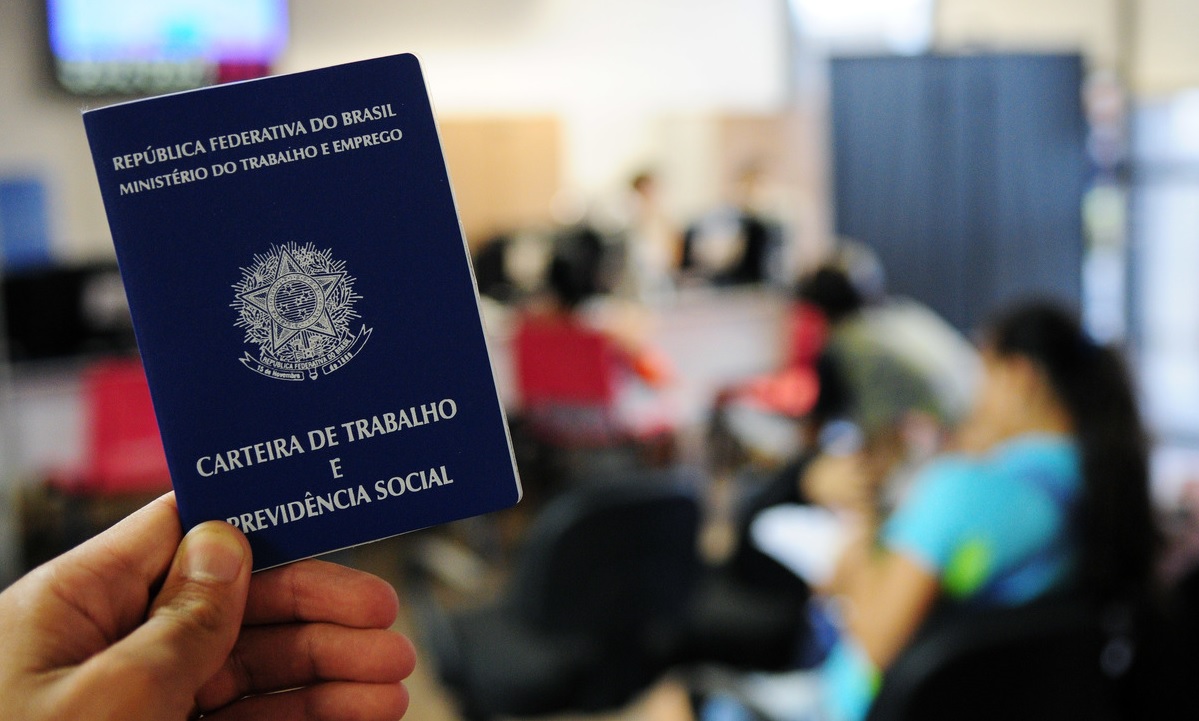RIO DE JANEIRO, BRAZIL – Brazil is the third country in the ranking of the worst places to work, according to a survey by Economy Informal. This week’s data points out the national territory as dangerous because it contains many murders, including repression of strikes and weakening collective bargaining.
According to the site, the situation became more serious when the publication of Provisional Measure 927, released to contain the crisis generated by the coronavirus pandemic, allowed companies to adopt measures to suppress labor protections, such as suspension of the labor contract without pay for up to four months. Under protests, this measure would be withdrawn, but others would be maintained, such as the unilateral imposition of a 25% salary reduction.
For the labor lawyer Sérgio Batalha, formal work in Brazil has been devalued yearly. “The survey reflects the devaluation of formal work in recent years in our country, with a reduction in the average wage, precarious jobs, and non-compliance with labor legislation,” he says.

For Batalha, the Labor Reform was the beginning of this process, which was deepened by other laws approved by the Bolsonaro government.
In 2021, the workers’ situation worsened, and strikes were violently repressed. Several union representatives received threats as retaliation for organizing strikes, and two union leaders were killed.
“The repression of strikes has been happening mainly by the judiciary and the police. The weakening of collective rights is a direct result of the reforms that have been taking place since 2016, which include the Supreme Court’s decisions on the matter and the so-called labor reform of 2017,” said labor lawyer Bianca Bomfim Carelli, partner at Bomfim Advogados.
According to Bianca, the Labor Reform hits women even harder. “It is important to remember that women mothers were the most affected in this scenario. We have countless surveys that indicate that women occupy the majority of precarious jobs and are always under worse conditions. When it comes to women mothers, this data becomes even more accentuated because we have a labor market that is hostile to motherhood,” she said.
“The prospect of improvement would only occur in an awareness of the current state of workers and its devastating effect on the economy, coupled with the legislative will to regain what has been lost so far,” he says.

